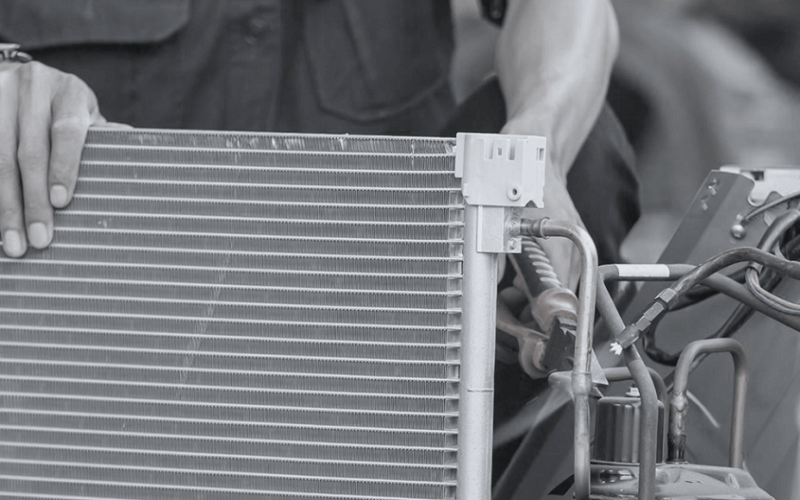Microchannel evaporators are a critical component in modern HVAC systems, known for their efficiency and compact size. However, like any advanced technology, they can encounter issues that hinder performance. Addressing these problems promptly ensures the longevity and efficiency of your system. Here, we delve into the common issues faced by microchannel evaporators and how to troubleshoot them effectively. For more detailed information on microchannel coils, visit to https://www.kaltra.com/microchannel-coils .
Performance Decline: Diagnosing Reduced Efficiency
One of the most frequent issues with microchannel evaporators is a noticeable decline in performance. This problem often manifests as a decrease in cooling capacity and an increase in energy consumption.
Causes:
- Fouling and Contamination: Over time, dust, dirt, and other contaminants can accumulate on the surface of the evaporator coils, reducing heat transfer efficiency.
- Refrigerant Leaks: Leaks in the microchannel coils can lead to insufficient refrigerant levels, significantly impacting performance.
- Improper Airflow: Blocked or restricted airflow through the evaporator can result in inadequate cooling.
Solutions:
- Regular Cleaning: Schedule periodic cleaning of the coils to remove any contaminants. This can be done using a soft brush or a low-pressure water spray.
- Leak Detection and Repair: Use electronic leak detectors or dye testing to identify and fix any refrigerant leaks. Ensuring the system is adequately charged with refrigerant is crucial.
- Airflow Management: Check and clear any obstructions in the airflow path. Ensure that the air filters are clean and in good condition.
Corrosion: Prolonging the Life of Your Evaporator
Corrosion is a prevalent issue in microchannel evaporators, particularly in environments with high humidity or corrosive substances.
Causes:
- Environmental Factors: Exposure to saltwater, industrial pollutants, and other corrosive agents can accelerate the corrosion process.
- Material Quality: The quality of the aluminum used in the construction of microchannel coils can affect their resistance to corrosion.
Solutions:
- Protective Coatings: Applying anti-corrosion coatings to the microchannel coils can provide a barrier against corrosive elements. Coatings like epoxy or polymer-based treatments are commonly used.
- Material Selection: Opt for high-quality, corrosion-resistant materials when selecting evaporators. Consult with manufacturers like Kaltra for options that offer better durability in corrosive environments.
- Regular Inspections: Conduct routine inspections to identify early signs of corrosion. Prompt action can prevent minor issues from escalating into major problems.
Freezing: Preventing Ice Build-Up on Coils
Ice build-up on the evaporator coils can severely impair the functioning of microchannel evaporators.
Causes:
- Low Refrigerant Levels: Insufficient refrigerant can lower the temperature of the coils below freezing, causing ice to form.
- Thermostat Issues: A malfunctioning thermostat can lead to improper temperature regulation, resulting in ice formation.
- Poor Airflow: Restricted airflow can cause uneven cooling and contribute to ice build-up.
Solutions:
- Monitor Refrigerant Levels: Regularly check and maintain the correct refrigerant levels to ensure optimal performance.
- Thermostat Calibration: Ensure the thermostat is correctly calibrated and functioning properly. Replace faulty thermostats as needed.
